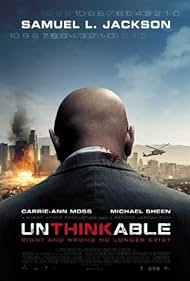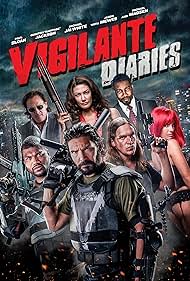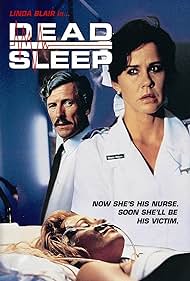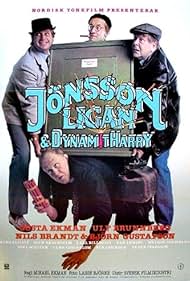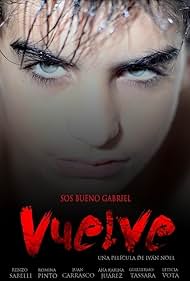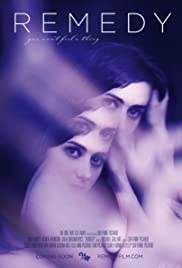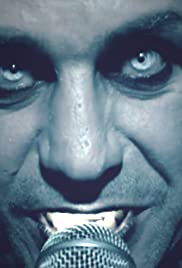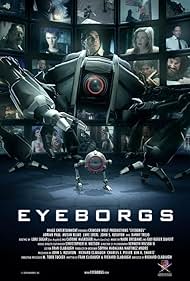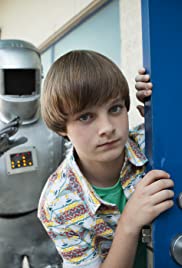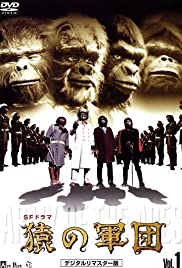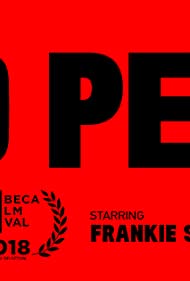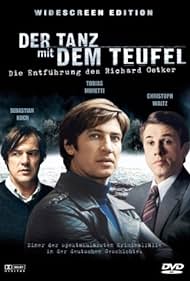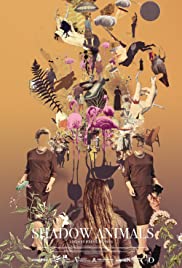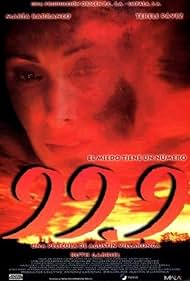Experimenter: Stanley Milgram, O Psicólogo Que Abalou a América Banda sonora (2015)

Compre na Amazon Reproduzir e baixar trilhas sonoras
Experimenter: la historia de Stanley Milgram
Experimenter
Experimenter
Sinopse
1961. Stanley Milgram designs a psychology experiment in which people think they deliver electric shocks to a stranger in another room. Milgram is trying to come to terms with the Holocaust. His experiment is about conformity, conscience and free will.
He doesn't expect the results, 65% of the subjects deliver shocks that may be fatal, obeying commands from a lab-coated authority figure. Milgram is accused of being a monster. His next experiments are more hopeful. He reignites controversy with his book, Obedience to Authority.
Fortified by the love of his family, Milgram carries on, exploring human nature, fighting false perceptions. The film's style is as playful and provocative as a Milgram experiment, showing how Milgram's conscience and creative spirit continue to be resonant and inspirational.
Faça o download e reproduza a lista da trilha sonora
| Toque | Título | Artista |
|---|---|---|
|
Experimenter: Stanley Milgram, O Psicólogo Que Abalou a América
|
||
|
Some Enchanted Evening
|
Richard Rodgers:
Writer
Mantovani Orchestra and Chorus: Performer Deva Mahal: Performer Joseph Martin: Performer Bryan Senti: Produced |
|
|
Knoxville: Summer of 1915
|
James Agee:
Writer
|
|
|
Piano Concerto No. 2 in B-flat major - Adagio
|
Ludwig van Beethoven:
Writer
|
|
|
Waltz No.1 in E flat, Op. 18
|
Frédéric Chopin:
Writer
|
|
|
Concerto for Violin in A minor (Steel Drum)
|
Johann Sebastian Bach:
Compositor
|
|
|
Paritia for Violin in E Major - Preludio (Steel Drum)
|
Johann Sebastian Bach:
Compositor
|
|
|
Symphony No. 9 in D Minor, Op. 125 (Ode To Joy)
|
Ludwig van Beethoven:
Compositor
|
|
